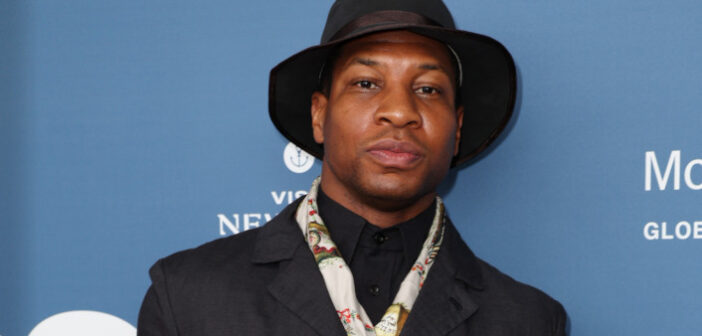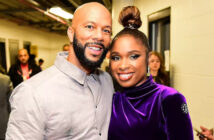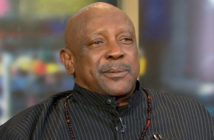In an exclusive interview with ABC News, Hollywood actor Jonathan Majors opened up for the first time after his conviction in a domestic violence trial. Majors expressed shock and fear upon hearing the verdict, stating that he was “shocked and afraid” based on the evidence presented during the trial. Despite being found guilty of one count of misdemeanor third-degree assault and one count of second-degree harassment, Majors plans to appeal the charges. He emphasized that he wanted to share his side of the story as part of the healing process.
The incident in question occurred in March 2023 when Majors was involved in an altercation with his then-girlfriend, Grace Jabbari, in a for-hire SUV in New York City. The jury’s mixed verdict suggested that while they believed Majors recklessly assaulted his ex-girlfriend, they did not find that he did so intentionally. Testimonies during the trial revealed that the altercation began when Jabbari saw a text message from another woman on Majors’ phone. Jabbari testified that she tried to grab the phone, and Majors allegedly twisted her arm, causing injuries. Prosecutors presented photos of Jabbari’s injuries, including a fractured finger, a cut to her ear, and a bruised and swollen finger. However, Majors denied intentionally causing those injuries, stating that he doesn’t know how they occurred and that he has never struck a woman.
Legal and Professional Ramifications
As Majors awaits sentencing on the misdemeanor charges, the potential impact on his career looms large. Majors, known for his role as ‘Kang’ in several Marvel films and TV shows, including the Disney+ series “Loki,” faced professional consequences after the conviction. Marvel decided to drop him from future productions, including the upcoming film “Avengers: Kang Dynasty.” This decision came as a blow to Majors, who expressed the emotional impact of losing work he had dedicated himself to. However, Majors remains hopeful that he will have a second chance in Hollywood, acknowledging that it will ultimately be up to God’s plan and timing.
Majors’ legal team plans to appeal the charges, emphasizing the discrepancies between the testimonies and Majors’ account of the incident. They maintain that Majors acted in self-defense and did not intentionally cause harm. It remains to be seen how the sentencing decision will unfold and whether it will align with the prosecution’s request for imprisonment.
Race Relations and Allegations of Racial Bias
During the interview, Majors discussed his perception of race relations and the role it played in his arrest and conviction. Majors suggested that if he were a Black man chasing a young white girl down the street, the outcome would have been significantly different, possibly leading to him being shot and killed. He shared his belief that being a young Black man in any situation involving authorities often leads to conflict and trauma.
In response, a spokesperson for Manhattan district attorney Alvin Bragg’s office stated that they do their speaking in court, refraining from directly addressing Majors’ allegations of racial bias. These allegations add another layer to the complexities surrounding the case, highlighting the intersection of race, justice, and perception.
The alleged recording of Majors demanding that Jabbari behave like Coretta Scott King or Michelle Obama also contributes to the discussions on race and power dynamics. Majors clarified that he was attempting to provide an analogy and give perspective on his aspirations, rather than asserting dominance over Jabbari. However, the context and implications of the recording are subject to interpretation.
The ripple effect of Majors’ conviction goes beyond the individual case, raising questions about how race and bias influence legal proceedings and societal perceptions. Public discourse on these issues has the potential to shape future conversations on race relations and the criminal justice system.
In conclusion, Jonathan Majors’ exclusive interview provides insight into his emotional journey following his conviction. The details of the incident and trial testimonies shed light on the complexities of the case. The legal and professional ramifications highlight the potential impact on Majors’ career and the ongoing legal battle. Finally, the allegations of racial bias bring to the forefront discussions on race relations. As this case unfolds, it prompts conversations about fairness, justice, and the role of race in our society.




